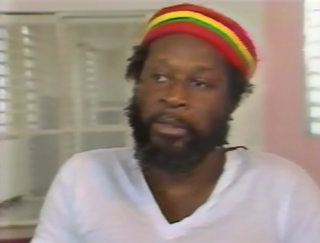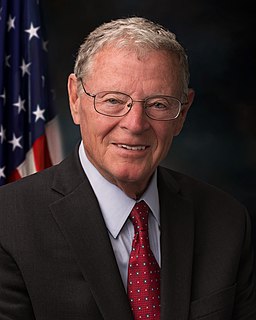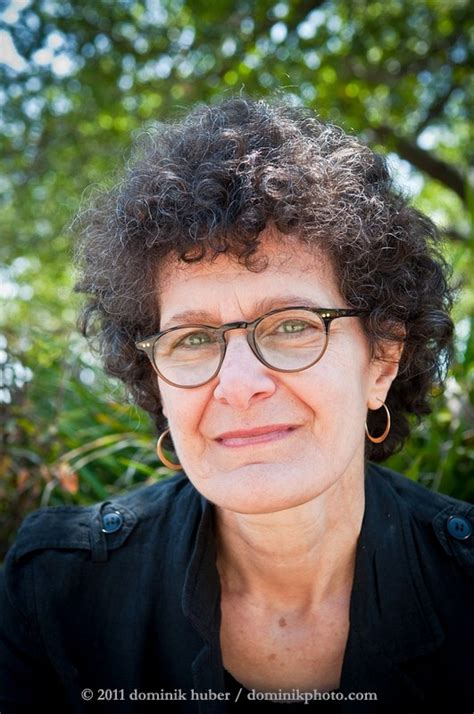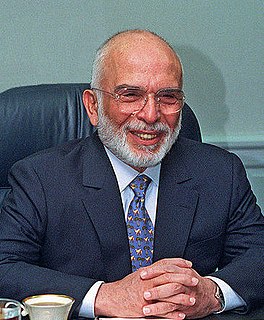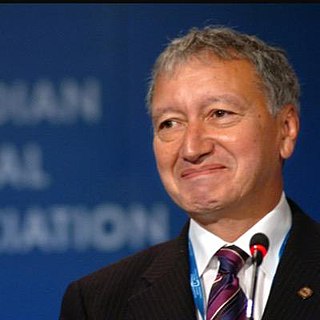A Quote by Ralph Waldo Emerson
Related Quotes
Of course, no state accepts [that it should call] the people it is imprisoning or detaining for political reasons, political prisoners. They don't call them political prisoners in China, they don't call them political prisoners in Azerbaijan and they don't call them political prisoners in the United States, U.K. or Sweden; it is absolutely intolerable to have that kind of self-perception.
Subjecting prisoners to abuse leads to bad intelligence, because under torture a detainee will tell his interrogator anything to make the pain stop. Second, mistreatment of our prisoners endangers U.S. troops who might be captured by the enemy – if not in this war, then in the next. And third, prisoner abuses exact on us a terrible toll in the war of ideas, because inevitably these abuses become public.
Unfortunately, the United States and a few other governments have used the war on terrorism as a way of violating human rights. I am referring to the case of the Guantánamo Bay prisoners. This violation of the rights of prisoners has been so unbelievable that the United Nations has reminded the United States repeatedly that the treatment of prisoners should take place according to the preestablished conventions of the United Nations.







